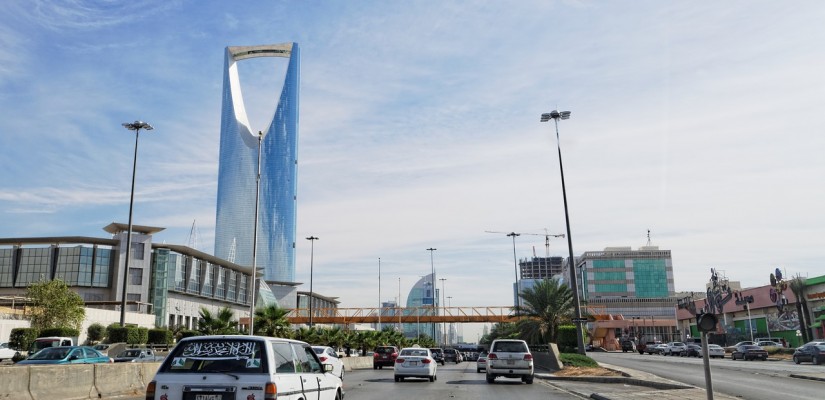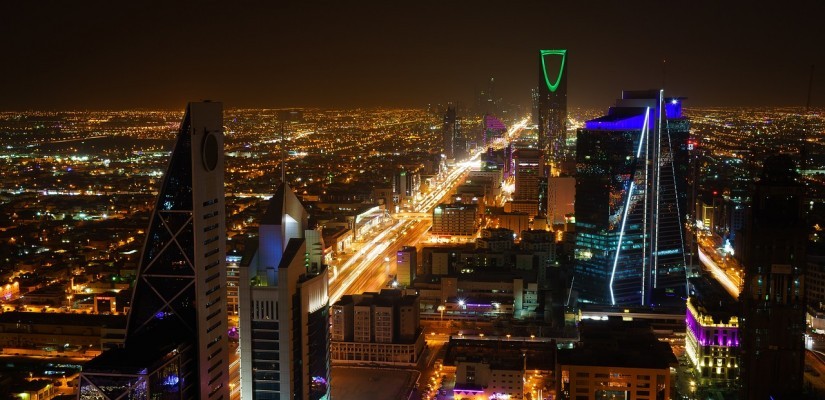A series of new strategic building projects, including the building of a new nuclear research reactor, was announced by Saudi Arabian Crown Prince Mohammed bin Salman this week in remarks given at the King Abdulaziz City for Science and Technology. Saudi Arabia has long spoken of the need to diversify its economy and wean itself off its heavy reliance on its petroleum industry, which directly constitutes roughly 42% of its GDP. These initiatives demonstrate that Saudi Arabia is pushing on with the modernization efforts outlined in its Vision 2030 development plan and indicate that it will continue its efforts at economic diversification and reform.
The nuclear project is said to be employed for research purposes, and there are 15 other reactors planned. The development of this level of nuclear infrastructure will give the Kingdom further flexibility not only to engage in industrial research but also to provide for both economic and security needs as they might arise. It is also a marker of how Saudi Arabia’s efforts at reducing its oil dependency extend even to the national energy infrastructure. This is a signal of considerable magnitude given the ease with which the energy superpower could simply continue relying on its abundant petroleum reserves for its own energy needs, and it demonstrates the breadth of ambition of the Vision 2030 plan.

A key influence on the Vision 2030 initiative is clearly Saudi Arabia’s neighbor, the United Arab Emirates, which has grown its economy fivefold over the past 20 years from a GDP of $75.7 Billion in 1998 to $382.6 Billion by the end of 2017. Part of this growth has come from oil revenues, but much of it stems from tourism, transportation, financial services, and markets in luxury goods as well as other natural resources such as diamonds and gold. Saudi Arabia hopes that it will be able to follow a similar path and build itself into a regional hub for finance, biotechnology, renewable energy, defense contracting, and other industries. However, this will be no easy task. There are significant hurdles to be overcome to make this goal a reality, and while there is plenty of will to make it happen, it is as of yet unclear to what degree circumstances will allow for a successful economic overhaul.
The Saudi Arabian government has pushed for modernization projects before with little success. Initiatives such as the King Abdullah City have resulted in some building but have not generated the level of momentum towards systematic overhaul that they were intended to produce. However, with the country’s oil vulnerability acutely emphasized by low oil prices over the past few years, there is a sense of urgency underlying the Vision 2030 reforms. The unveiling of these new projects – as well as the 2030 plan as a whole – shows how the recent collapse of oil prices has galvanized Saudi Arabia to prepare itself for the next potential oil price collapse, and to have sufficient flexibility in the economy so as to not be devastated by a potentially greater price collapse sometime in the future.

Despite the impetus to reform that the current shock has provided, recent events are making the process more difficult. Now, with his political capital on the world stage significantly reduced, the Crown Prince will need to focus heavily on his reform efforts and produce tangible economic results in order to regain some measure of good will. At stake might very well be his political survival and his role as Crown Prince. With such incentive behind him, we can almost certainly expect to see the beginning of more strategic economic initiatives, and renewed efforts to guarantee the feasibility of even more ambitious projects, like the planned megacity of Neom.
As of now, there is no way of telling how successful Saudi Arabia will be at implementing the Vison 2030 plan and developing a flexible, resilient, modern economy. However, currents signs indicate that they are taking the matter very seriously, and with top leaders strongly incentivized to produce positive results, it is likely that we shall see a vigorous effort by the country in the years to come.
